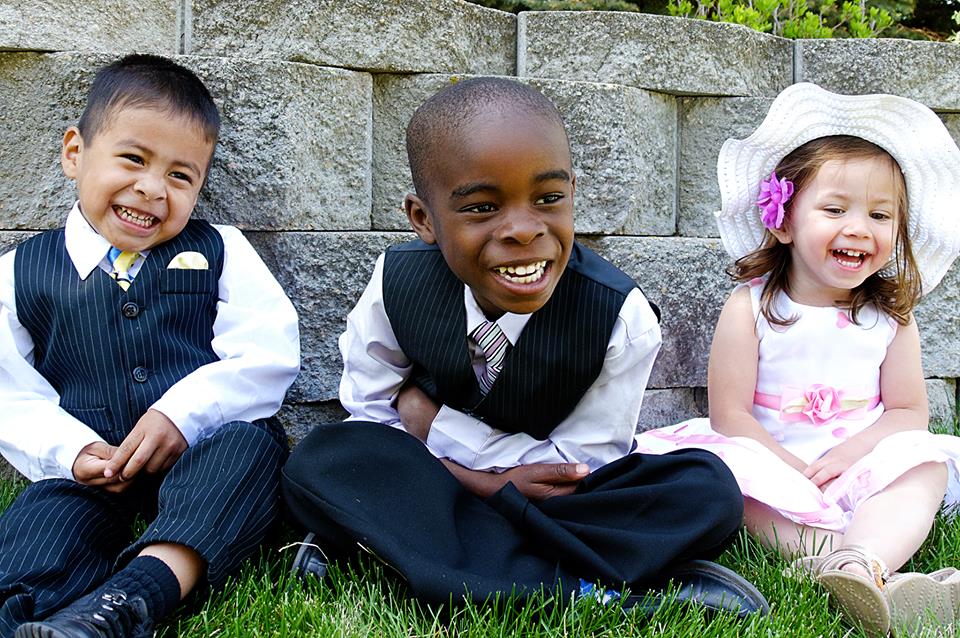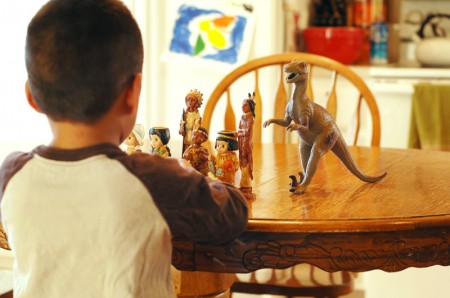We’ve been talking a lot about race at our house since Josh is out of school for Martin Luther King Jr. Day. Well, the reality is that we talk about race a lot at our house all the time without it being intentional. Sometimes we’re talking about our racial differences, or what makes the culture of a group of people unique, or even how different members of our family need to take care of their skin differently. We are a multiracial family (European, West African, Native American, Hispanic) and race isn’t something we can avoid talking about.
We are a family that sees and appreciates the different shades of beauty that exist in the world. We enjoy learning about culture and ethnicity and appreciate what different people groups have contributed to our society (especially when it comes to food. . . yum). When our kids meet somebody, they are likely to ask them about their racial background especially if that person looks like them. They are not ashamed of racial differences nor do they ignore them. (I keep fighting the urge to write a giant disclaimer about how although I can teach them to value their cultures, I can’t replicate the experience my children would have growing up in their birth cultures and that is a loss to them. But that’s a post for another day because I have too many thoughts about it. Just know that I get that.)
So I get a little concerned when I hear somebody boast about being “color blind”. I find that phrase troubling. It is great to judge people not by the “color of their skin, but by the content of their character”, but does that mean we should be color blind? When I hear that phrase, the implication to me is that we don’t want to see the color of someone’s skin because to acknowledge that they are different would be to say that they are bad. It implies a sense of shame about color. We DO see the color and we should appreciate what makes our colorful neighbors unique and special, not try to imply that we are homogenous.





